Scientists have designed an amplifier that can transmit 10 times more information per second than current fiber-optic systems can, which could be helpful for medical treatment and diagnosis.


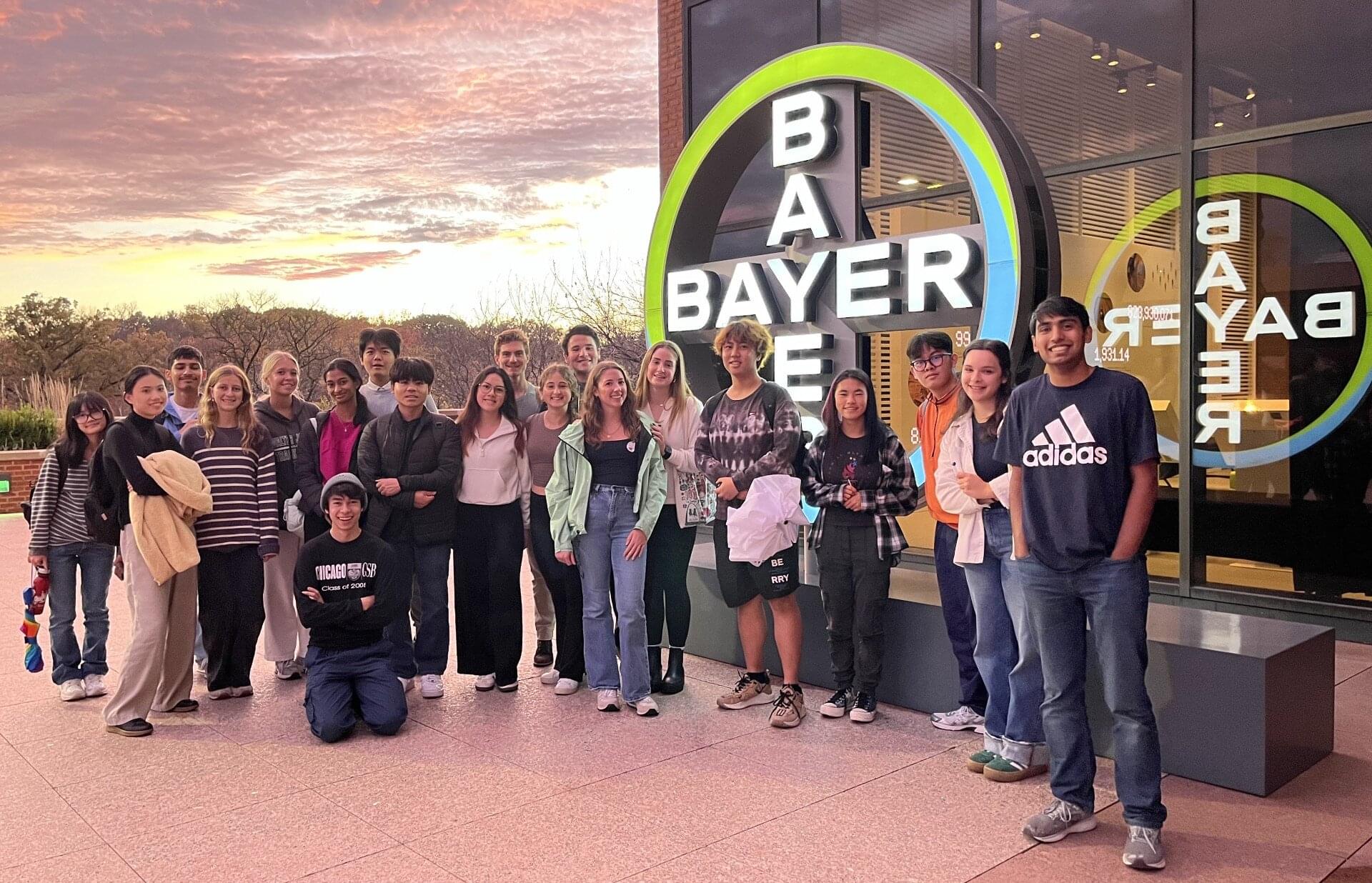
In a world shaped by biotechnology, why are so few college students exposed to its possibilities early on in their education? The Biotech Explorers Pathway (BEP) is changing that by immersing students in hands-on, real-world science from day one.
BEP, an interdisciplinary WashU Ampersand Program recently highlighted as a Career Feature in Nature Biotechnology, combines science, entrepreneurship, and teamwork, going beyond lecture-based courses. The program isn’t just about teaching fundamentals—it’s about preparing students to lead the next wave of biotech innovation.
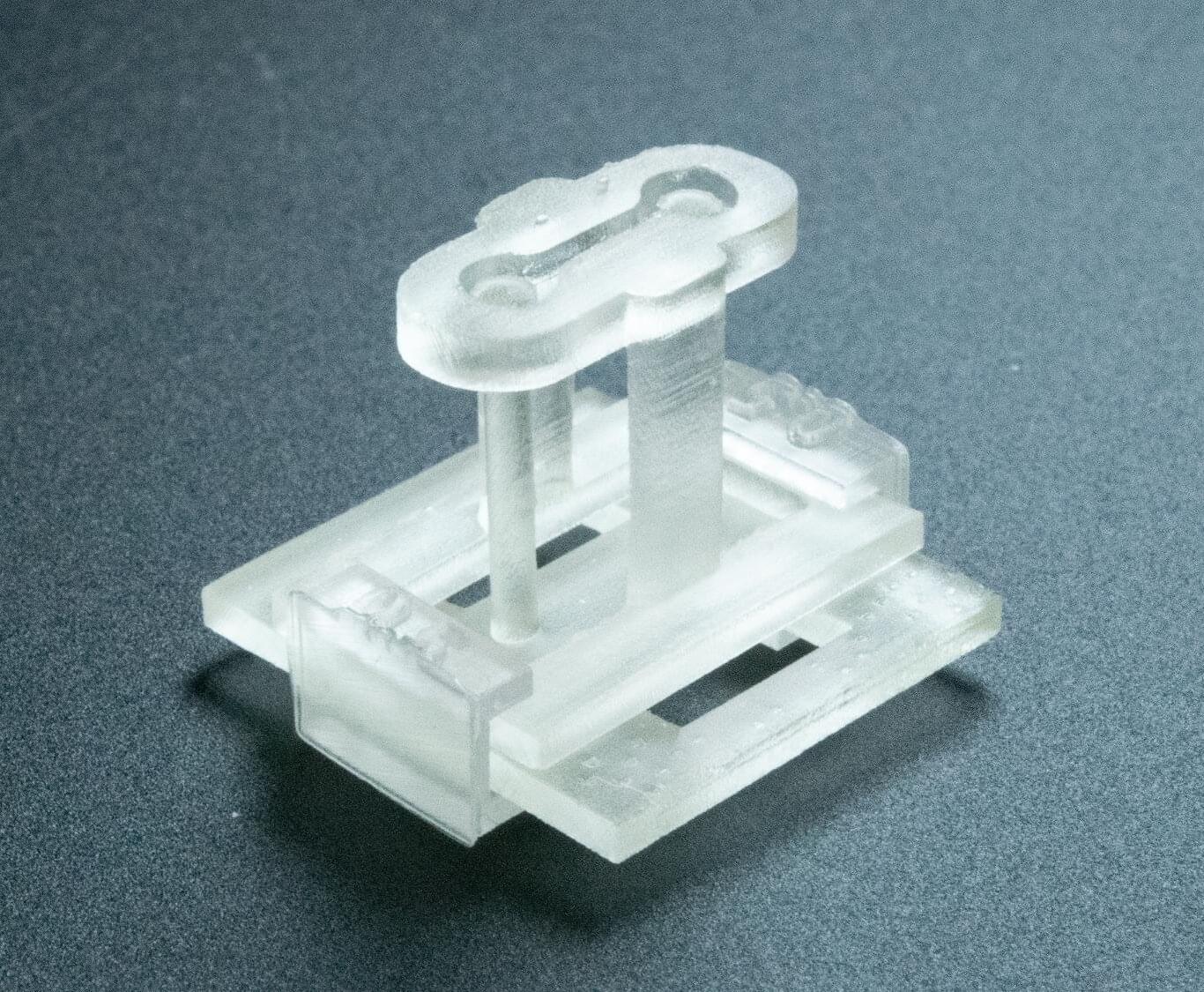
A new, easily adopted, 3D-printed device will enable scientists to create models of human tissue with even greater control and complexity. An interdisciplinary group of researchers at the University of Washington and UW Medicine led the development of the device.
3D tissue engineering, which recently has undergone other major advances in speed and accuracy, helps biomedical researchers design and test therapies for a range of diseases.
One goal of tissue engineering is to create lab-made environments that recreate the natural habitats of cells.
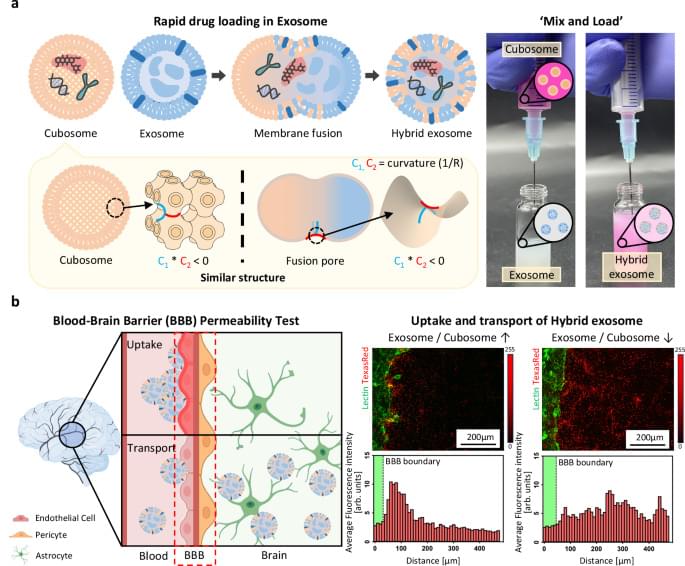
Exosomes have huge potential for drug delivery, but drug loading can be difficult. Here, the authors report on fusogenic lipid nanoparticles which, when mixed with exosomes rapidly fuse, non-destructively loading large drugs without compromising exosome biological functions, and demonstrate neurological application.
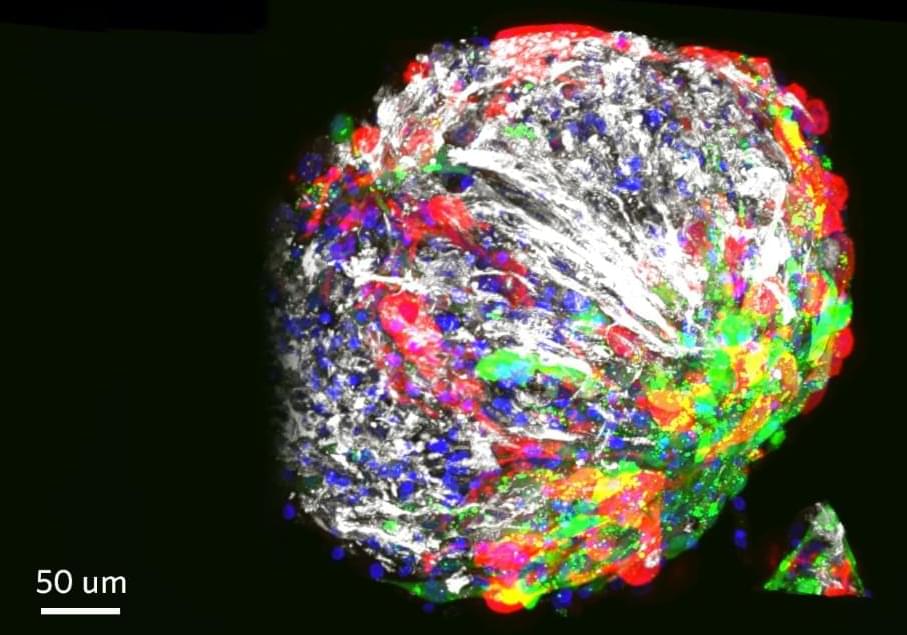

The phrase “MRI for AI” rolls off the tongue with the seductive clarity of a metaphor that feels inevitable. Dario Amodei, CEO of Anthropic, describes the goal in precisely those terms, envisioning “the analogue of a highly precise and accurate MRI that would fully reveal the inner workings of an AI model” (Amodei, 2025, para. 6). The promise is epistemic X‑ray vision — peek inside the black box, label its cogs, excise its vices, certify its virtues.
Yet the metaphor is misguided not because the engineering is hard (it surely is) but because it mistakes what cognition is. An artificial mind, like a biological one, is not a spatial object whose secret can be exposed slice by slice. It is a dynamical pattern of distinctions sustained across time: self‑referential, operationally closed, and constitutionally allergic to purely third‑person capture. Attempting to exhaust that pattern with an interpretability scanner is as quixotic as hoping an fMRI might one day disclose why Kierkegaard chooses faith over reason in a single axial slice of BOLD contrast.
Phenomenology has warned us for more than a century that interiority is not an in‑there to be photographed but an ongoing enactment of world‑directed sense‑making. Husserl’s insight that “consciousness is always consciousness of something” (Ideas I, 1913) irreversibly welds experience to the horizon that occasions it; any observation from the outside forfeits the very structure it hopes to catch.

Results from the VITAL randomized controlled trial reveal that vitamin D supplementation helps maintain telomeres, protective caps at the ends of chromosomes that shorten during aging and are linked to the development of certain diseases.
The new report, published in The American Journal of Clinical Nutrition, is based on data from a VITAL sub-study co-led by researchers at Mass General Brigham and the Medical College of Georgia, and supports a promising role in slowing a pathway for biological aging.
“VITAL is the first large-scale and long-term randomized trial to show that vitamin D supplements protect telomeres and preserve telomere length,” said co-author JoAnn Manson, MD, principal investigator of VITAL and chief of the Division of Preventive Medicine at Brigham and Women’s Hospital.
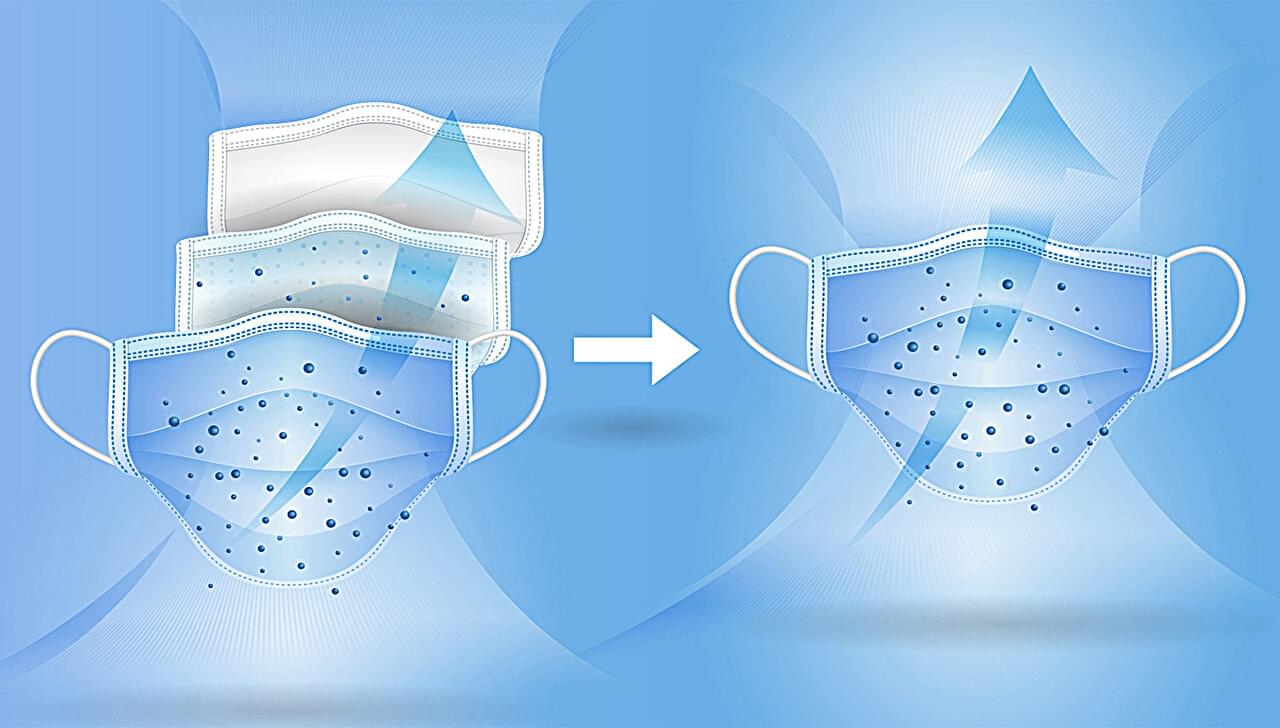
The COVID-19 pandemic increased public awareness of the importance of mask use for personal protection. However, when the mesh size of mask fabrics is small enough to capture viruses, which are usually around one hundred nanometers in size, the fabric typically also restricts air flow, resulting in user discomfort. Researchers from Japan have now developed a new filter material that effectively captures nanoparticles, although further improvements are needed to make it suitable for comfortable mask use.
In a study published this month in Materials Advances, researchers from the Institute of Industrial Science at the University of Tokyo have developed a filter capable of capturing nanoparticles such as viruses. While the filter demonstrates high filtration efficiency, its airflow resistance is currently higher than the standards required for face masks, indicating that additional development is necessary before it can be used for personal protective equipment.
The filter is constructed from nanosheets consisting of an ordered mesh composed of porphyrins, which are flat, ring-shaped molecules with a central hole. The tiny holes in the porphyrin molecules are suitably sized to allow the easy passage of the small gas molecules in air while blocking the movement of larger particles, such as viruses. The nanosheets are then supported on a fabric modified with nanofibers containing pores of several hundred nanometers to form the filter.
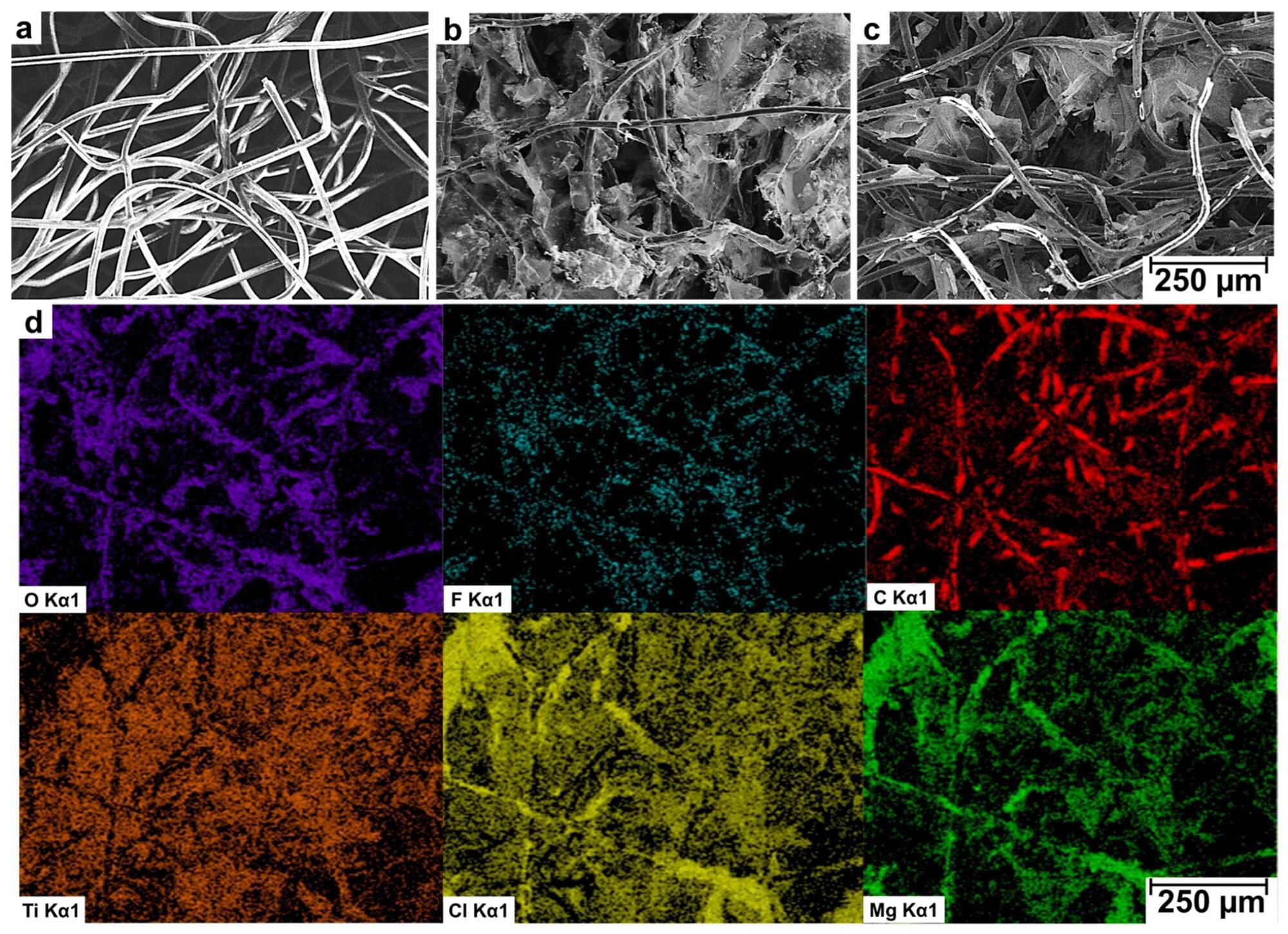
Despite improvements to air filtration technology in the aftermath of the COVID-19 pandemic, some of the smallest particles—those of automobile and factory emissions—can still make their way through less efficient, but common filters. An interdisciplinary team of researchers from Drexel University’s College of Engineering have introduced a new way to improve textile-based filters by coating them with a type of two-dimensional nanomaterial called MXene.
Recently published in the journal C—Journal of Carbon Research, the team’s research reports that a non-woven polyester textile—a low-cost material with low filtration efficiency—coated with a thin layer of MXene nanomaterial can turn it into a potent filter capable of pulling some of the finest nanoparticles from the air.
“It can be challenging for common filters to contend with particles less than 100 nanometers, which include those emitted by industrial processes and automobiles,” said Michael Waring, Ph.D., a professor in Drexel’s College of Engineering, and co-author of the research. “Being able to augment a filter, through a simple coating process, to make it effective against these emissions is a significant development.”
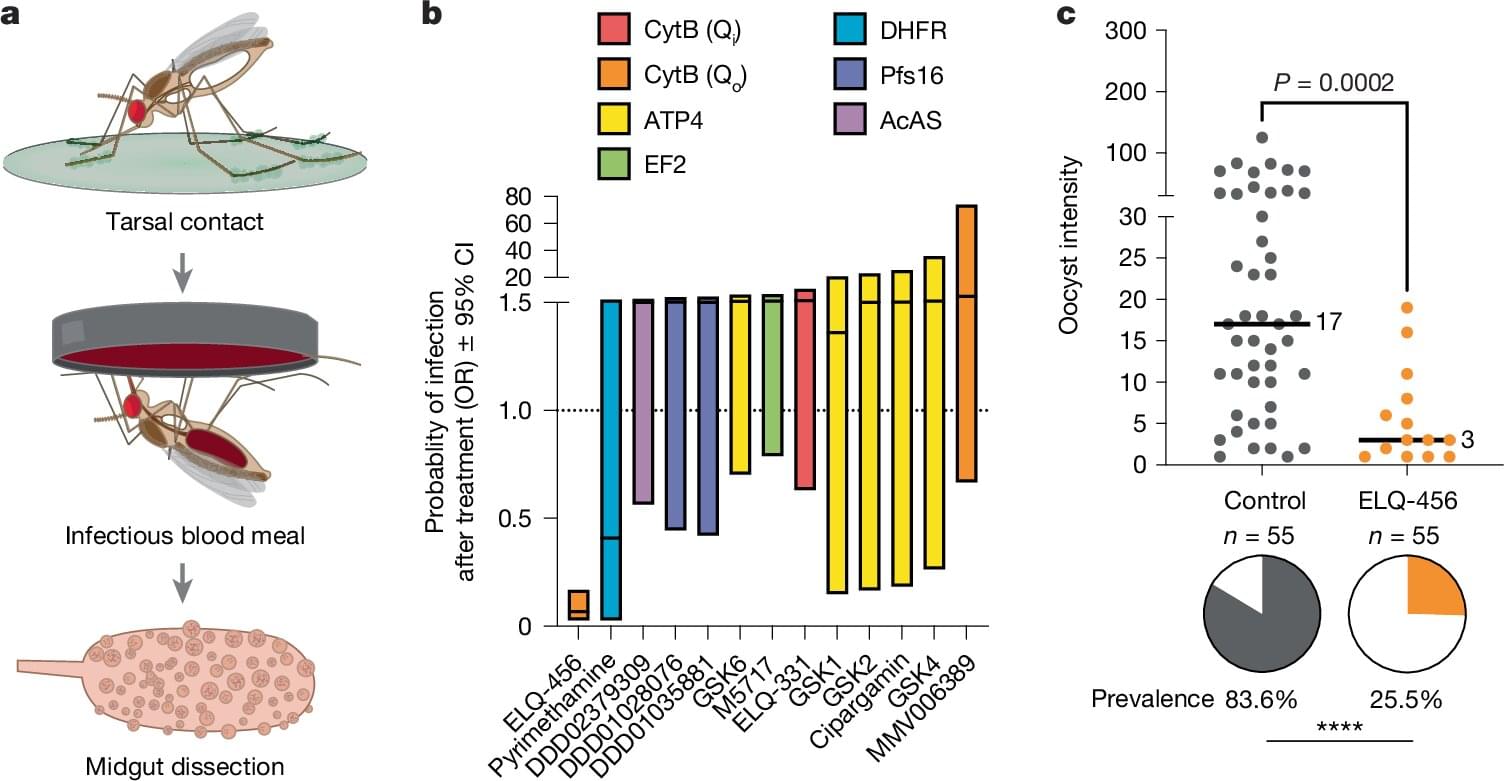
Researchers have identified a type of chemical compound that, when applied to insecticide-treated bed nets, appears to kill the malaria-causing parasite in mosquitoes.
Published in the journal Nature, the multi-site collaborative study represents a breakthrough for a disease that continues to claim more than half a million lives worldwide every year. A lab at Oregon Health & Science University played a key role, and the National Institute of Allergy and Infectious Diseases, of the National Institutes of Health, supported the research.
Michael Riscoe, Ph.D., professor of molecular microbiology and immunology in the OHSU School of Medicine, designed and synthesized the anti-malarial drugs, termed ELQs, that were then screened in the lab of Flaminia Catteruccia, Ph.D., the study’s senior author and Irene Heinz Given Professor of Immunology and Infectious Diseases at the Harvard T.H. Chan School of Public Health.